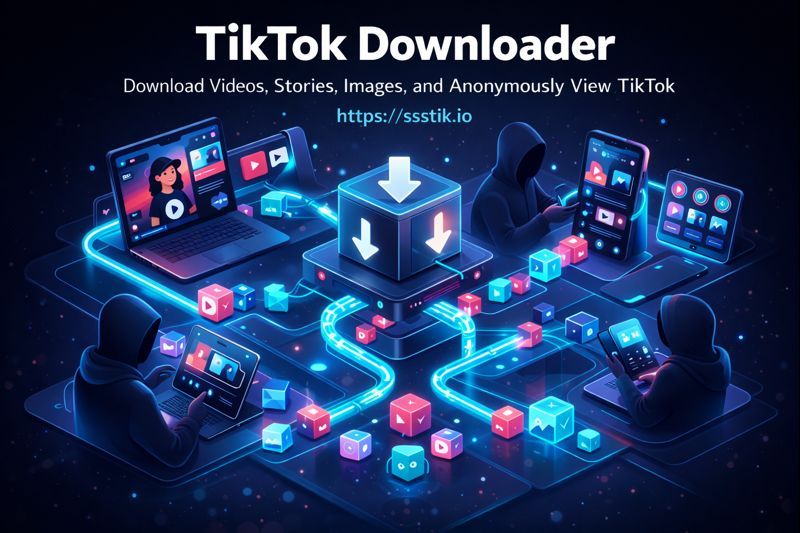In today’s rapidly evolving tech landscape, staying ahead of the curve is imperative for professionals seeking to thrive in the field of software development and operations. DevOps, an amalgamation of development and operations, has emerged as a game-changer in enhancing collaboration, automating processes, and accelerating software delivery. As demand for DevOps expertise continues to soar, enrolling in a course is a strategic move towards honing one’s skills and staying competitive. However, with a myriad of options available, selecting the best DevOps course can be a daunting task. Let’s explore what makes a DevOps course stand out and how to find the one that aligns with your career aspirations.
Understanding DevOps Courses:
It come in various formats, ranging from online tutorials and workshops to comprehensive certification programs offered by renowned institutions. These courses typically cover a wide array of topics, including version control, continuous integration and delivery (CI/CD), automation, cloud technologies, containerization, and more. The primary goal is to equip learners with the knowledge and tools needed to implement DevOps principles effectively within their organizations.
Key Considerations for Choosing the Best DevOps Course:
- Comprehensive Curriculum: Look for courses that offer a well-rounded curriculum covering both foundational concepts and advanced topics. A comprehensive course should delve into essential DevOps practices, tools, methodologies, and real-world case studies to provide a holistic learning experience.
- Hands-On Experience: Theory alone is not sufficient to master DevOps. The best courses offer ample opportunities for hands-on practice through labs, projects, and simulations. Practical experience allows learners to solidify their understanding, troubleshoot issues, and gain confidence in applying DevOps principles in real-world scenarios.
- Industry-Relevant Content: DevOps practices and technologies evolve rapidly. Ensure that the course content is up-to-date with the latest trends, tools, and best practices prevalent in the industry. Look for courses that incorporate insights from industry experts and align with current industry standards.
- Certification and Accreditation: While not mandatory, opting for a course that offers certification can add credibility to your skillset and enhance your marketability. Consider reputable certification bodies such as AWS, Microsoft, Docker, and others, which offer DevOps certifications recognized globally.
- Instructor Expertise: The quality of instruction plays a pivotal role in the learning experience. Seek courses taught by experienced practitioners or certified trainers with a proven track record in DevOps implementation. Instructor-led courses often facilitate interactive discussions, Q&A sessions, and personalized feedback, fostering a conducive learning environment.
- Flexibility and Accessibility: Evaluate the course format and delivery mode to ensure it aligns with your schedule and learning preferences. Online courses with flexible schedules, on-demand access to course materials, and self-paced learning options offer convenience for busy professionals.
Finding the Best DevOps Course:
- Research and Compare: Start by researching it offered by reputable institutions, online learning platforms, and professional organizations. Compare course syllabi, duration, delivery formats, testimonials, and reviews to narrow down your options.
- Seek Recommendations: Reach out to peers, mentors, or industry forums for recommendations on top DevOps courses. Personal referrals and testimonials from individuals who have completed the course can provide valuable insights into its quality and effectiveness.
- Free Trials and Demos: Take advantage of free trials, demo videos, or sample lessons offered by course providers to assess the course content, teaching style, and learning platform. This allows you to gauge whether the course meets your expectations before making a commitment.
- Check Alumni Success Stories: Look for testimonials or success stories from alumni who have completed the course. Alumni feedback can offer firsthand accounts of the learning experience, career impact, and overall value proposition of the course.
In conclusion, investing in a DevOps course is a strategic move towards advancing your career in software development and operations. By considering key factors such as curriculum depth, hands-on experience, industry relevance, instructor expertise, certification, flexibility, and peer recommendations, you can confidently choose the best DevOps and Cloud Computing Course that aligns with your career goals and aspirations. Remember, the journey to mastering DevOps is ongoing, and continuous learning and upskilling are essential to staying ahead in this dynamic field.
Photo by Josefa nDiaz on Unsplash (Free for commercial use)
Image Published on July 16, 2017




